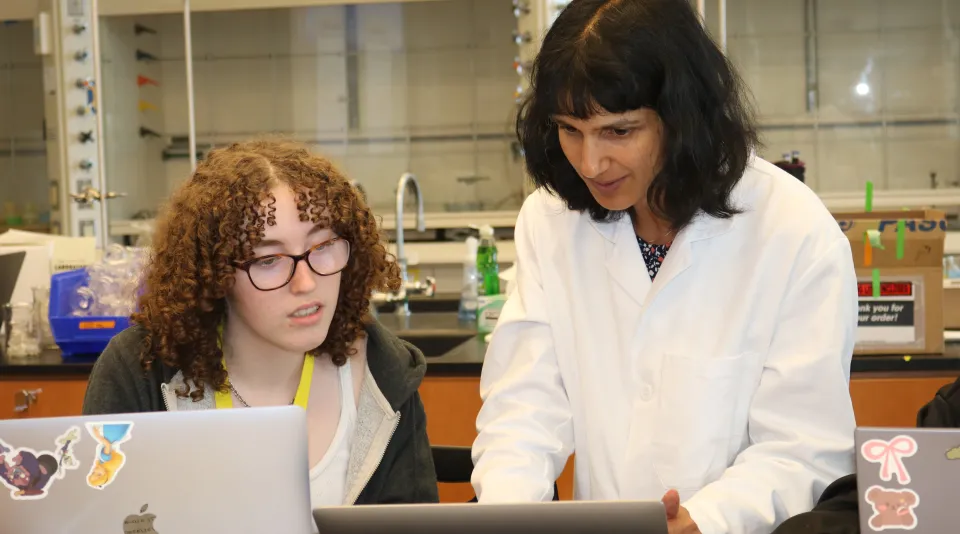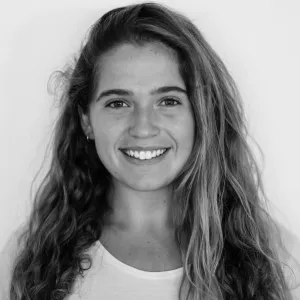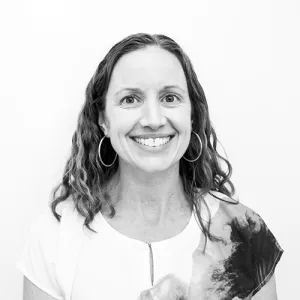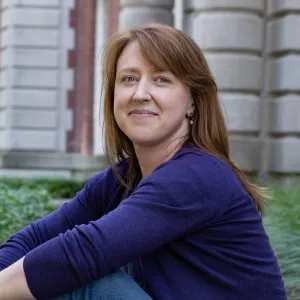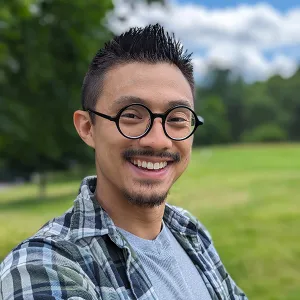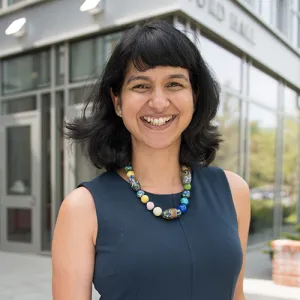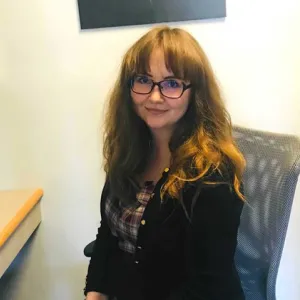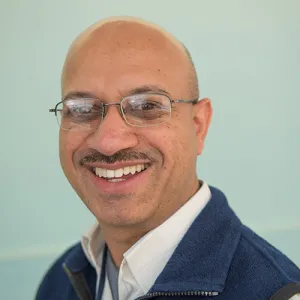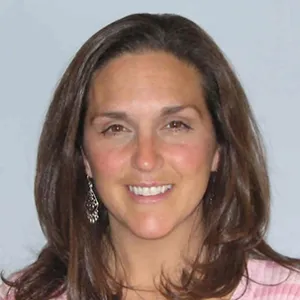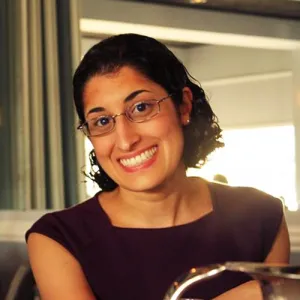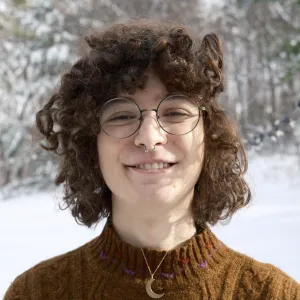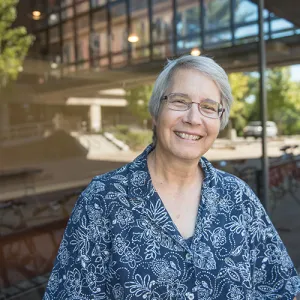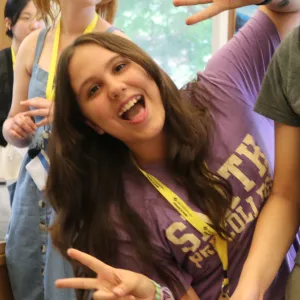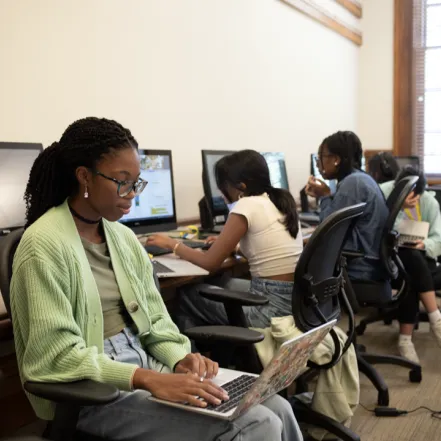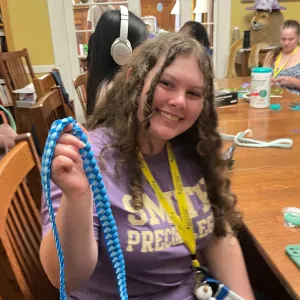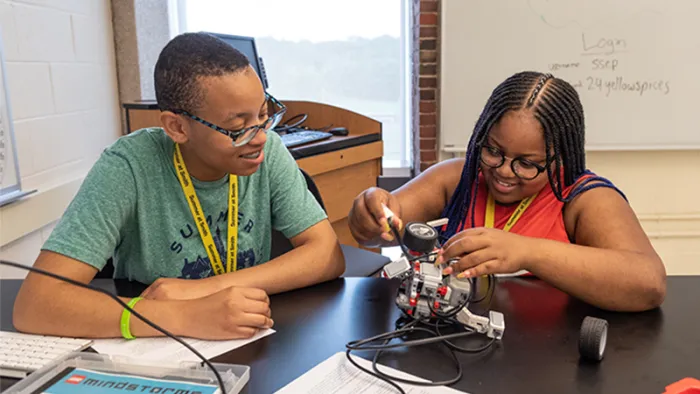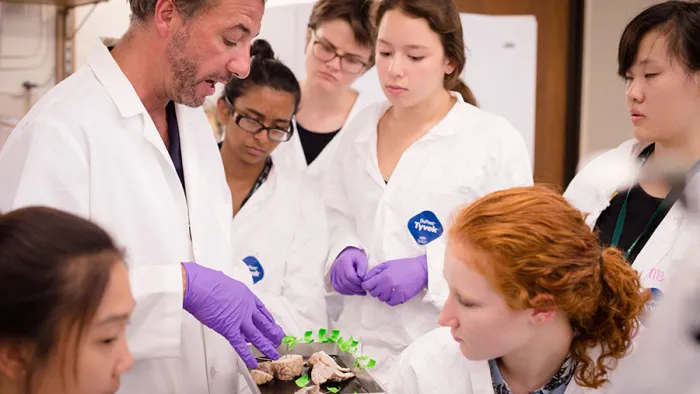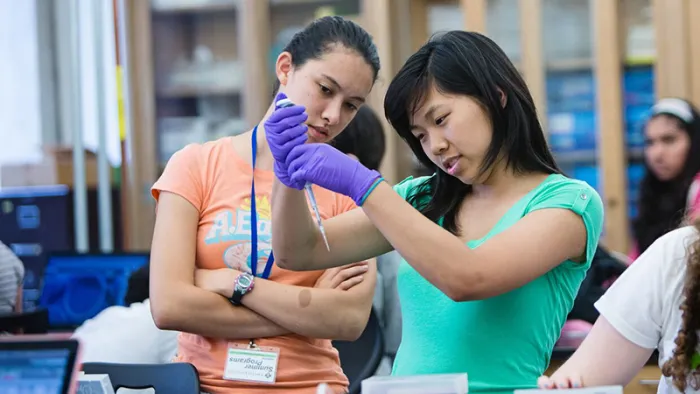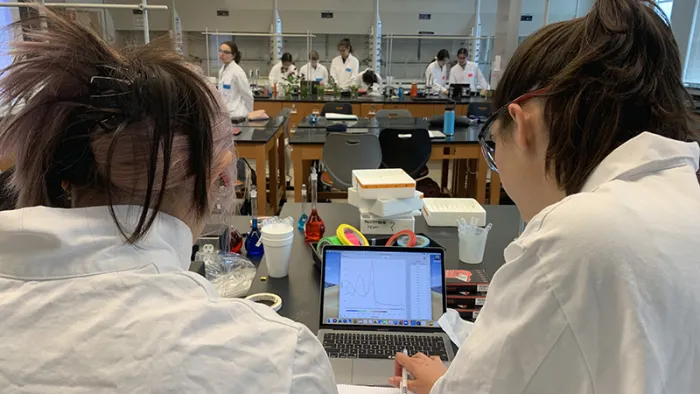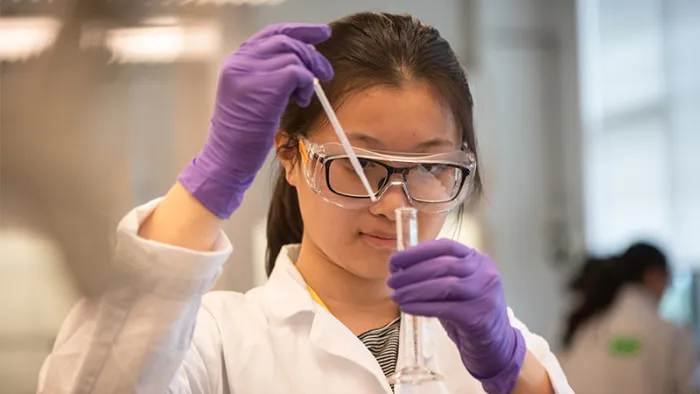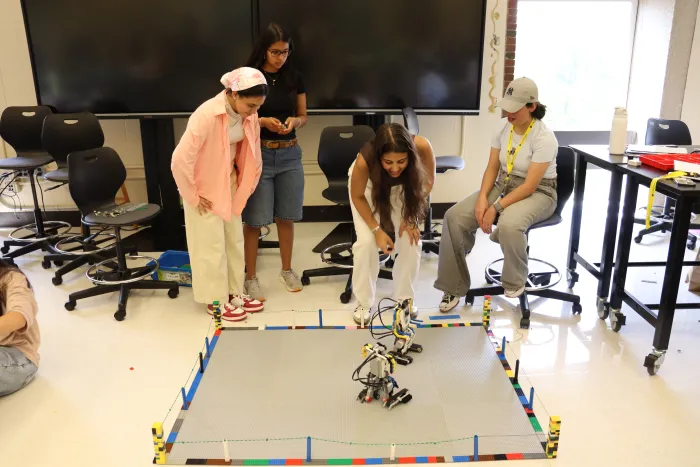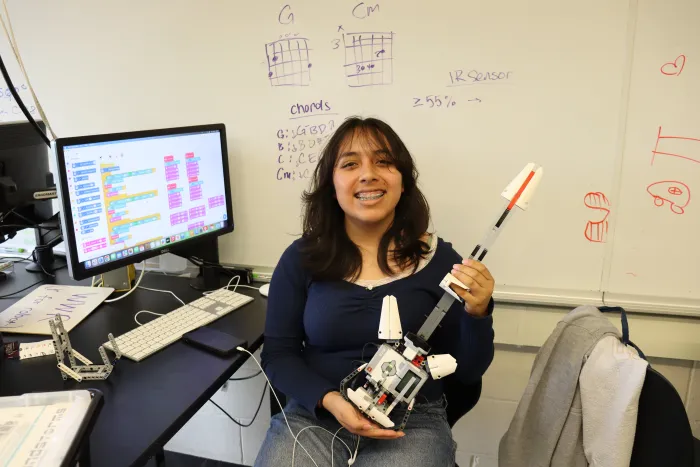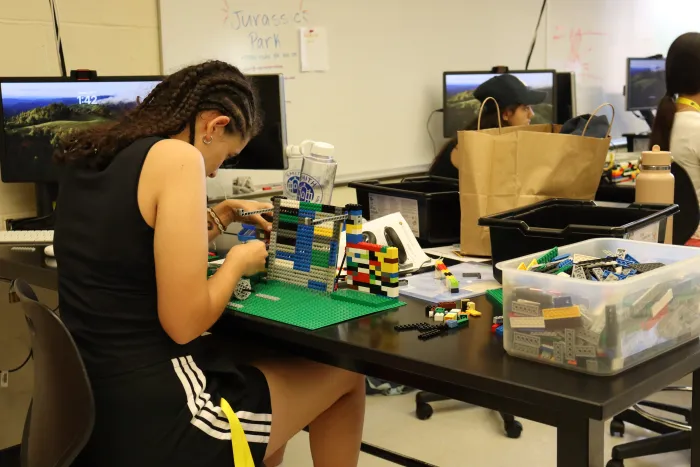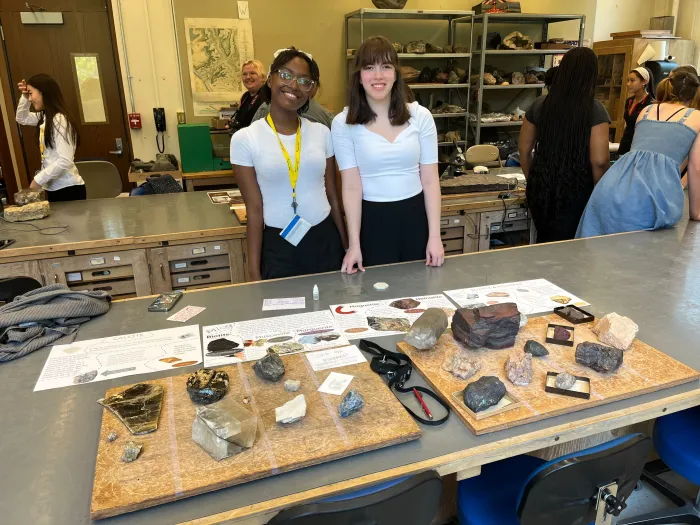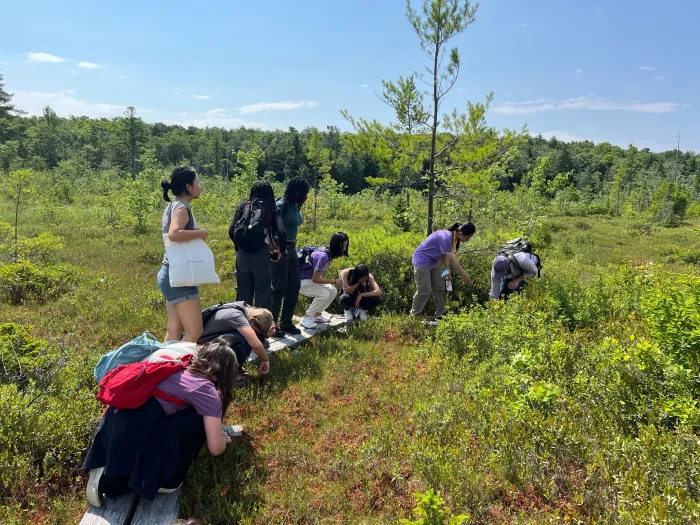Summer Science & Engineering Program
The Smith Summer Science and Engineering Program (SSEP) is designed for exceptional high school students with strong interests in science and engineering. Engage in lab-based courses with Smith faculty in life and physical sciences and in engineering. Established in 1990, the program annually serves more than 100 students. Since its inception, nearly 1,800 students have participated, representing 46 states and 53 countries. After the program, participants return to high school better prepared to tackle tough science courses and understand what to expect in college.
Program at a Glance
Courses
Students will participate in one course per session. If enrolled in both sessions, they will participate in two courses during their stay.
Program Details
Instructors
“The best thing about living on campus is that it’s walkable and connected. It is so beautiful and I feel as if I am part of a community here. After a day here, I was like ‘Wow. I feel like a college student!’”
“It’s very, very welcoming, I felt at home coming to Smith. It was an environment where it’s easy to talk because we all have very diverse backgrounds. We always have someone we can relate to.”
